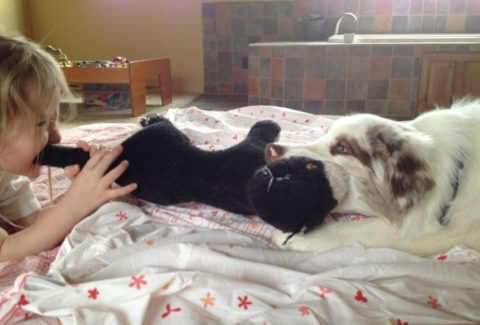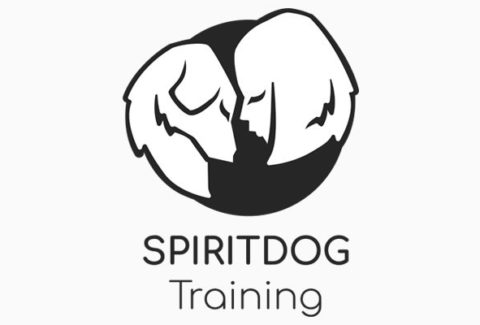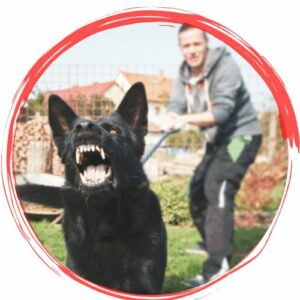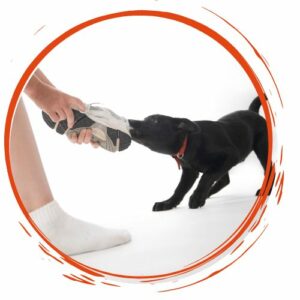3 Lessons I Learned From Being A Dog Trainer
May 7, 2021 2021-05-22 10:023 Lessons I Learned From Being A Dog Trainer
3 Lessons I Learned From Being A Dog Trainer
One of the things I enjoy most about being a dog trainer is being able to keep on learning every day, from every single dog and client I encounter. Here are a couple of big lessons I have been taught over the years.
1. Dog Training is a Practical Skill
We can read and write all day about the four quadrants, the difference of operant and classical conditioning and about antecedent-behavior-consequence. It is important and useful to have a theoretical understanding of how learning works, and why it works this way. But once this knowledge is acquired it is time to actually go out there and train, a lot. We don’t get better at training by talking about it.
The more we train, the more skilled we will become – just like with skiing or drawing. We will learn how subtle changes in our body position can influence the dog’s behavior. Then we will learn where to reward – this may be as detailed as holding your hand an inch further to the left.
We learn how different rewards influence learning – adding excitement, but taking away precision; adding precision but slowing the behavior down; requiring a longer “rewarding time” (such as playing tug) but making the dog repeat the behavior consistently etc.
Take a handful of treats and then toss them one by one into a small bowl, as quickly as possible (mimicking rewarding their dog) is one of the exercises I have new students do at times. Quick and precise rewarding is a fine motor skill such as typing on a keyboard – there are no instant shortcuts to getting fast and accurate at doing it, it needs to be practiced.
Some of the most skilled trainers I have met are the ones who talk less and train more – constantly fine-tuning and improving their dog training skills.
2. Sometimes there are Unexpected Solutions.
If we are open to keeping on learning, dog training will keep us humble and surprised by at times completely unexpected solutions. Some of my favorite moments in training have been brought onto by dogs that were struggling and their owners coming up with their own – wild and unconventional – but ingenious ways to solve the problem.
Constantly working with owners new to dog training and behavior brings a wonderful novelty and freshness to what otherwise can become dogmatic thinking.
Without wanting to, our thinking tends to follow certain rules the longer we are involved in a field. Over time we start to believe in certain principles and – involuntarily – keep ourselves from creative thinking that will violate these rules.
My favorite story to this topic is of a little Miniature Australian Shepherd that was in a beginner agility class and would bypass jumps. None of the exercises usually done for this would make him actually take the obstacles consistently – one or two yes, but as soon as it got to “running” he would do his own thing.
One day the owner said “What if I jumped over the jumps with him?” I was more than skeptical that this would be beneficial, but let them go ahead. She jumped over all the jumps of a little course with her dog. Then she tried running alongside him again. Against all expectations and perceptions I had (such as that it takes more than one correct repetition to form a behavior usually), the dog took all the obstacles. He jumped all jumps that time, and the next time, and every time after.
I distinctly remember the sensation of bewilderment, wonder and wild joy of witnessing such a unique learning moment. Never would I have even thought of this idea, let alone try it out.
I learned to not reject ideas on the premise of “likely won’t work”, and instead meet even the wildest approaches with a “sure, let’s try it” attitude.
3. Never stop Being a Student.
We should never think that we have learned it all. By that, I don’t just mean learning from life – but learning from coaches as well.
There is a brilliant TED Talk on this topic. Watch it if you have 15 minutes: Want to get great at something? Get a coach.
I have coaches, and I believe that every trainer should have a coach to keep on improving them as a trainer. Being a student isn’t always easy – it is simpler to make excuses than to take responsibility for our shortcomings. It is tempting to tell your coach why exactly our situation is so special and unique that their approach won’t work – the truth is, it probably is not.
I had a very eye-opening experience regarding this. I used to take lessons from a fitness coach together with a friend, we would take turns performing exercises and getting feedback. Listening to the friend accept the feedback would make me irritated – it seemed that she met most of the coach’s suggestions with an explanation of why this specific advice would be difficult for her to apply, based on her body, previous fitness experiences etc. I was surprised by my own annoyance (Why did I care so much what she said to the coach during her own training time?) until I realized that I was doing exactly what she was doing when it was my turn: deflecting the constructive criticism before even trying it. Perhaps we subconsciously did this in an attempt to keep face if we weren’t able to put the advice into practice?
I understood then that no matter what your coach tells you, and no matter how much you think it may not work – if you have trust in his abilities and knowledge, the first response to any suggestion should be “Ok, I will try this.”
If it doesn’t work, you can reevaluate later. But make sure you don’t rule out any ideas without giving them a try first.
I am grateful to all the dogs and people I have trained with that keep me learning and improving; and most of all of course to my own dogs that are the best teachers, day after day.
Happy Training!















